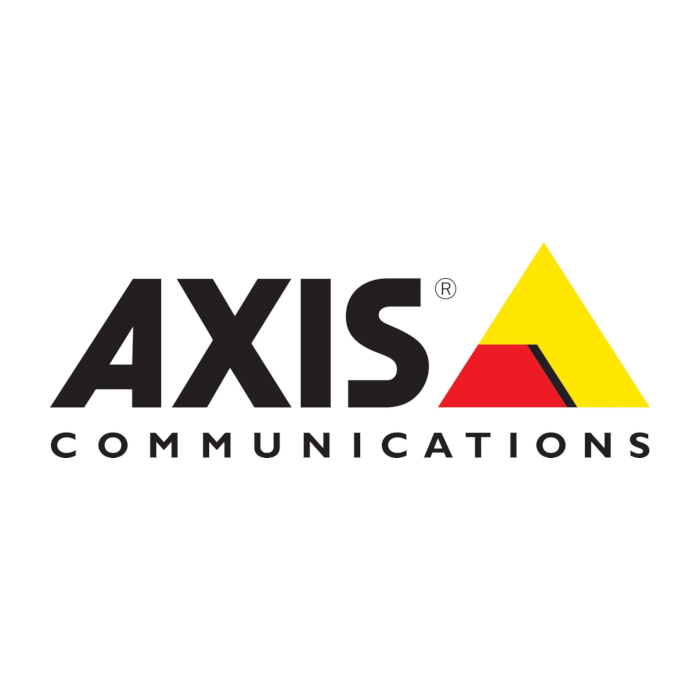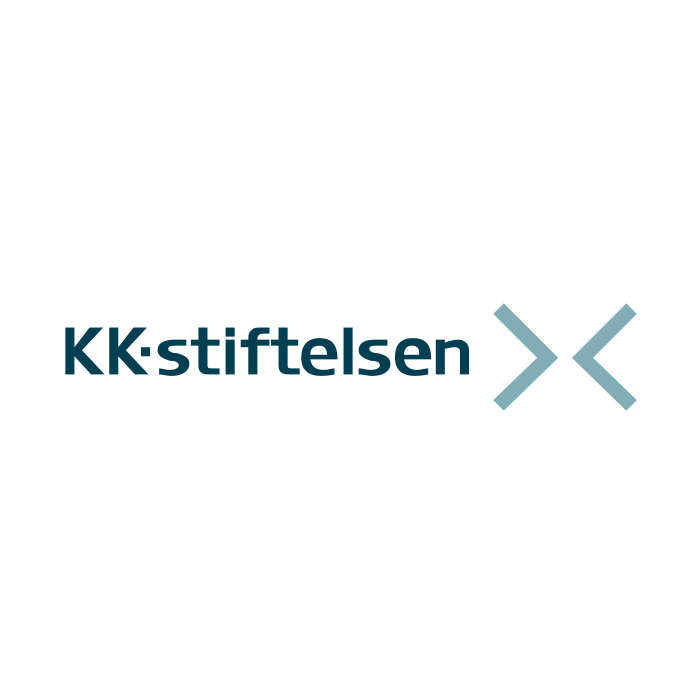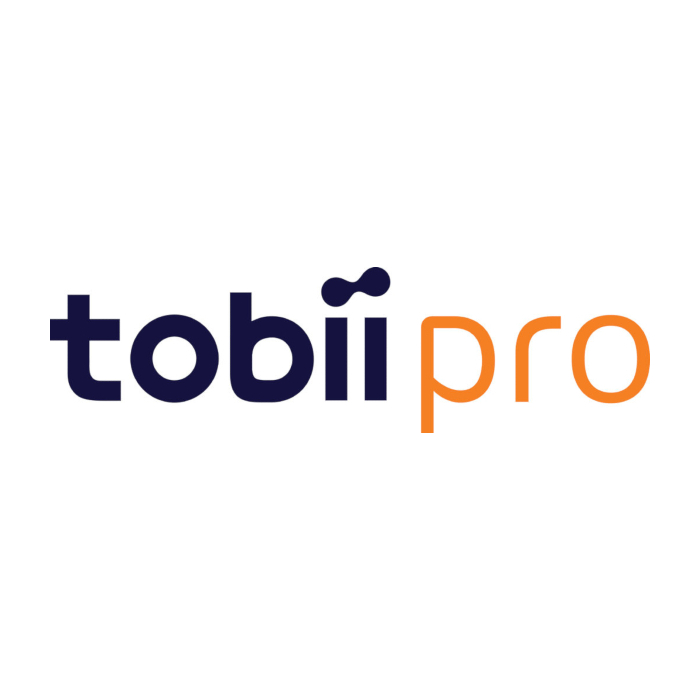News
PAPER ACCEPTED TO WSCG 2020
A paper has been accepted to the WSCG 2020, 28th International Conference in Central Europe on Computer Graphics, Visualization and Computer Vision. The paper is titled: “Pose and Visual Attention: Exploring the Effects of 3D [...]
LICENTIATE DEFENSE IN THE RESEARCH ENVIRONMENT – 26 MAY 2020
Tran Dang Ninh, our colleague at the Department of Computer Science who is working on research topics in the ViaTecH research environment, will defend his Licentiate dissertation "On LSB Data Hiding in New Digital Media"on [...]
VIATECH SYNERGY AT IEEE VR WORKSHOPS
Due to COVID-19 concerns, this year’s edition of the IEEE Conference on Virtual Reality and 3D User Interfaces (IEEE VR) has been moved to on online event (see http://ieeevr.org/2020/). This activity is also part of [...]
INVITED TALK AT ICACS 2020
Professor Markus Fiedler has been invited as keynote speaker at the at IEEE 3rd International Conference on Advancements in Computational Sciences (ICACS) held in Lahore, Pakistan, February 2020, on the topic “Chasing Milliseconds – On [...]
Partners
Partner Testimonials
We are today in a new era where both enhanced and virtual reality are used to improve the way we communicate with each other. The applications for this kind of applications and systems will therefore be broad.
We need to work close with the university and a number of other industry partners to meet the competition. The goal is to benefit from the project in the development of our product. Enhanced reality, virtual reality and mixed reality are absolutely paramount when we see what needs our customers have, from industry to retail.
Ericsson has great interest in visual and interactive systems, which will be used over 5G networks in the future. ViaTecH is highly relevant to Ericsson, especially experienced quality for new visual and interactive systems and how the network affects quality.
Combining eye tracking with VR grows as a research method, and the demand for the technology is constantly increasing from academy and industry. As a supplier of tools for studying human behaviour, it becomes obvious to collaborate with the university. ViaTecH gives us the opportunity to deepen the knowledge of how eye tracking can be used to understand behaviours and visual experience in virtual reality.
Axis main interest in the research project concerns subjective assessment of image and video quality as well as scene understanding, that is to say, to automatically provide the ability to customise the video stream to make it as useful as possible for different purposes.





